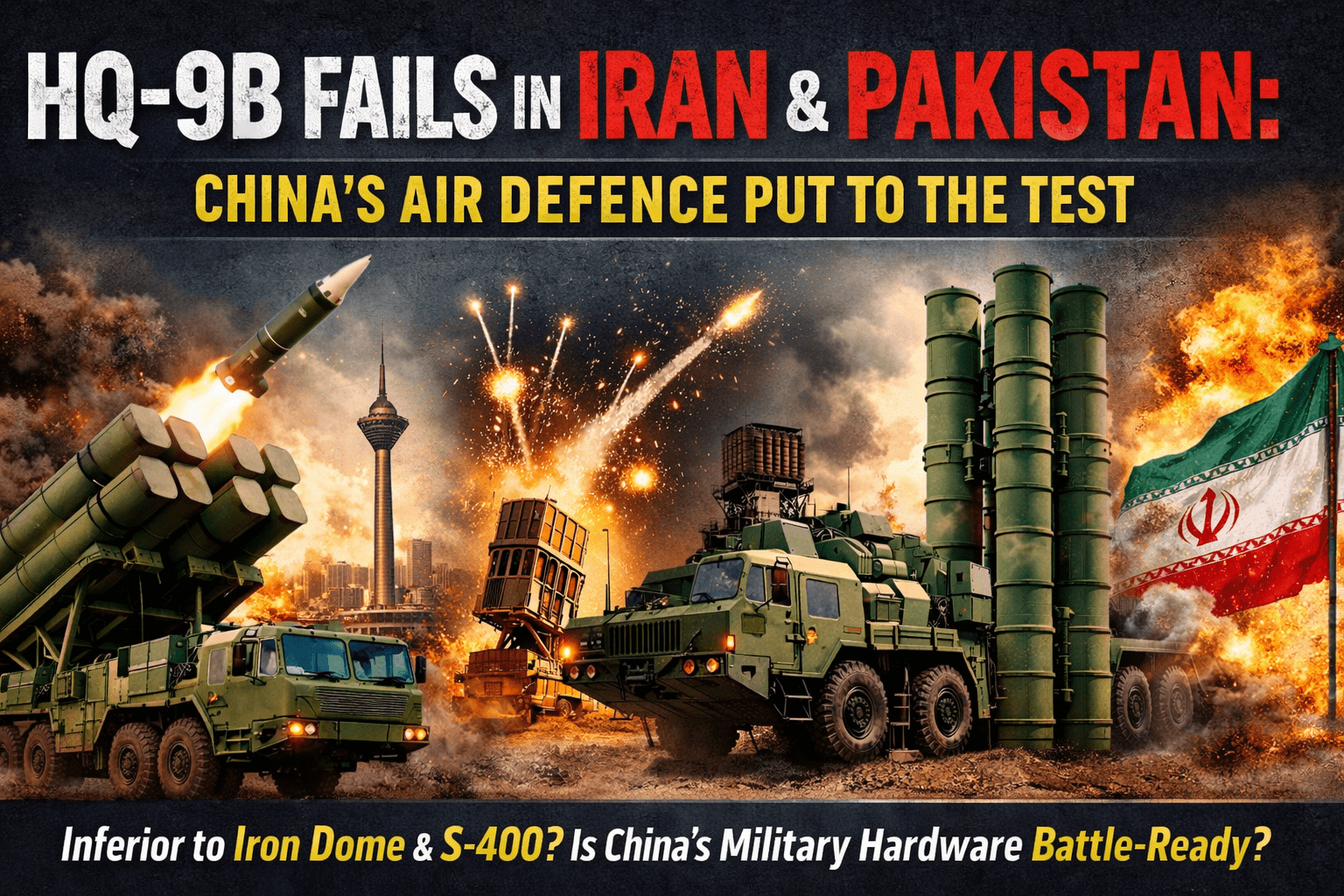Your voice has the power to inspire change and challenge even the most entrenched systems of oppression
Carmen Lau
IJ-Reportika: In light of your recent designation as a wanted advocate with a bounty, how has this impacted your advocacy work in the UK and on the global stage?
Carmen Lau: Being a wanted advocate with a bounty under the Hong Kong National Security Law has intensified both the challenges and urgency of my advocacy work. In the UK, it has underscored the importance of addressing transnational repression, as this tactic seeks to silence voices of dissent globally. It has also drawn greater attention to my message on the international stage, allowing me to highlight the reach of Beijing’s authoritarianism. However, the constant surveillance and security concerns have added significant community burdens, as these measures are designed to intimidate and isolate not only advocates like me, but also the extensive Hong Kong diaspora in the UK.
IJ-Reportika: You’ve called for governments to address the privileges of HKETO London and block the PRC’s embassy expansion. What concrete actions would you recommend to tackle transnational repression effectively?
Carmen Lau: To tackle transnational repression effectively, the UK government should:
- Reassess and limit the privileges and immunities of entities including the Hong Kong Economic and Trade Office London, which is the outpost of Hong Kong SAR government claiming to promote economic partnership for Hong Kong while engaging in activities that intimidate and spy on the diaspora.
- Block expansions of PRC diplomatic missions that serve as platforms for transnational repression and intelligence-gathering.
- Implement the Foreign Influence Registration Scheme without delay and designate China and Hong Kong as part of the ‘enhanced tier’ to monitor their registration of activities more closely.
To all governments:
- Impost targeted sanctions against individuals who directed or engaged in transnational repression.
- Enact clear legislative definitions of transnational repression and establish mechanisms to investigate and hold perpetrators accountable.
- Strengthen support systems for targeted individuals, including legal protection and mental health services.
- Coordinate internationally to ensure a unified response, as isolated measures can be undermined by Beijing’s global influence.
IJ-Reportika: What role do you believe the diaspora community plays in amplifying Hong Kong’s pro-democracy movement and sustaining its momentum?
Carmen Lau: Due to the crackdown and oppression inside of Hong Kong, there is extremely limited space for the civil society to sustain the movement on-the-ground. Therefore, the diaspora plays a crucial role in moving our movement forward. From organising protests and campaigns to advocacy, the diaspora ensures that the plight of Hong Kong remains visible. By acting as a bridge between Hong Kong and the international community, diaspora groups act as a voice for those silenced within Hong Kong. Additionally, as a cultural assimilation is ongoing, the diaspora is a critical carrier for Hong Kongers to preserve our own identity, history, language and culture abroad.

IJ-Reportika: Reflecting on your transition from an elected district councillor in Hong Kong to an advocate in exile, what have been the most significant challenges and opportunities in continuing your work?
Carmen Lau:The transition from an elected official to an exiled advocate has been both challenging and transformative. One of the biggest challenges has been leaving my beloved hometown where I was born and raised in, and navigating the loss of direct public access to the community I once served, coupled with the personal toll of exile. However, going into exile has allowed me to continue to serve the broader Hong Kong community, and has opened new opportunities to build alliances, influence international policy, and mobilise the global diaspora. It has also allowed me to exercise my freedom of expression without immediate threats (most of the time), enabling me to continue the fight for democracy on a broader platform.
IJ-Reportika: The Hong Kong March and Vote for Hong Kong 2024 are critical initiatives you’ve spearheaded. Could you share your vision for these campaigns and their impact?
Carmen Lau: Hong Kong March is an annual nationwide cultural event for Hong Kongers. It is about preserving our own culture, allowing our next generations to embrace their Hong Kong identity, and promoting the Hong Kong ethnicity to people from diverse backgrounds in the UK, and leveraging our community through a soft and cultural approach.
While the Vote for Hong Kong 2024 campaign is designed to amplify our voices and empower the diaspora through politics and elections. Both initiatives aim to channel collective action, foster unity, and send a clear message to the world: the Hong Kong democracy movement is alive and resilient.
IJ-Reportika: At the Copenhagen Democracy Summit, you emphasised the importance of turning words into actions. What specific measures would you like to see from the UK, US, and EU governments to support Hong Kongers and hold the CCP accountable?

Carmen Lau: I have urged for decisive action from governments, the UK government in particular, for multiple times, even during my meeting with the Foreign Secretary David Lammy and Indo-Pacific Minister Catherine West. The diaspora and myself are hoping to see:
- Comprehensive targeted sanctions against individuals and entities complicit in either human rights abuses in Hong Kong, or transnational repression efforts abroad.
- Greater protections for exiled advocates and asylum seekers.
- Stronger international coalitions to hold the PRC, and other authoritarian regimes accountable for their extraterritorial oppression.
- Hong Kongers’ right to self-determination should be restored and supported by democracies.
IJ-Reportika: Sanctions are often discussed as a tool for accountability. Do you think they’ve been adequately utilised in the case of Hong Kong, and if not, what steps should be taken?
Carmen Lau: Sanctions have been underutilized in the case of Hong Kong. While some measures have been taken, for example, the US government has imposed targeted sanctions on the Chief Executive of Hong Kong, John Lee, they often lack the coordination and scope necessary to be truly effective. Governments should expand sanctions to target a broader range of officials and entities responsible for the erosion of freedoms in Hong Kong. Additionally, sanctions must be enforced rigorously and accompanied by diplomatic efforts to isolate the regime on the international stage.
IJ-Reportika: As a member of the Leadership Council of the World Liberty Congress, what are your key priorities for 2024?
Carmen Lau: It has been a little over a year since I was elected as the Leadership Council Member for the World Liberty Congress, which is a platform uniting pro-democracy leaders from all movements. Ahead of WLC’s General Assembly meeting this year, my priorities include advocating for the release of political prisoners in Hong Kong, amplifying the voices of those targeted by transnational repression, and ensuring that democratic movements like Hong Kong’s remain central in global discourse. Working alongside the cross-movement allies, I also aim to push for greater accountability mechanisms and expand support for exiled activists.
IJ-Reportika: If you could send a message to the next generation of human rights advocates, especially those facing exile or repression, what would it be?
Carmen Lau: Resilience is your greatest weapon—While being in exile and facing nonstop transnational repression can sometimes be isolating, remember that your voice has the power to inspire change and challenge even the most entrenched systems of oppression.
Lean on your community, remain steadfast in your values, and know that the fight for freedom is always worth it. Your courage can light the path for others.
About Carmen Lau

Carmen Lau is a Hong Kong and human rights advocate, former elected district councilor, and Senior International Advocacy Associate at the Hong Kong Democracy Council. Forced into exile in 2021, she continues her fight for democracy by amplifying Hong Kongers’ voices globally and fostering cultural preservation through initiatives like the Hong Kong March and Vote for Hong Kong 2024.




